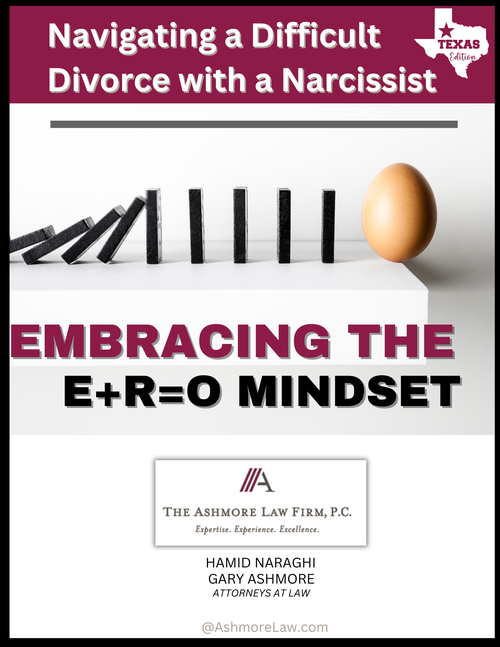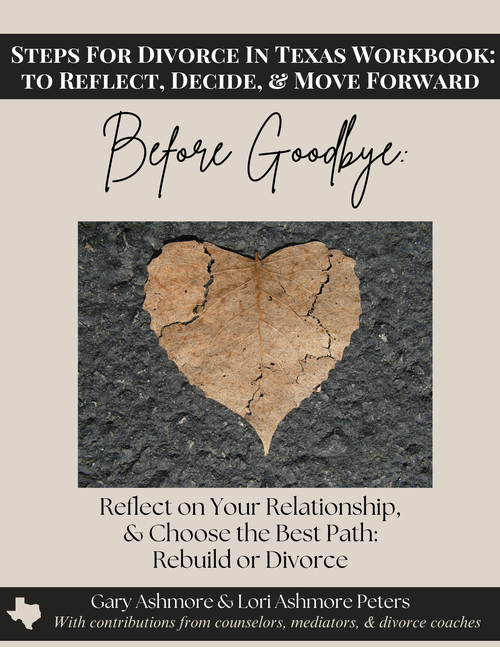People think divorce is just a legal process. Not true. As important as your legal rights and obligations are when facing separation from your spouse, there is more to it than that. There are the emotional elements which need to be given the proper attention separate and apart from the legal concerns. In fact, it’s best to think of it as going through two divorces at the same time: a legal divorce and the real one. Each one demands a different focus, and each one needs a different support system to help you get through it. Losing sight of the difference and allowing each one to interfere with the other will only make the process more painful and damaging.
Your real divorce is about ending one life and beginning another, then making it work — emotionally and practically. Real divorce is about breaking old patterns, making a new life and seeking a new center of balance. It’s about doing your best with your new situation.
Going through major life changes — in other words, re-creating your life — is demanding, hard work, but it may be the most important thing you ever do. I encourage you to pay close attention to your real divorce and reach out to your friends, family, therapist, or spiritual support system to express your feelings and deal with them properly. These are the people who can help you deal with the emotions that you are feeling and help you survive this phase of your life as you transition into your next chapter. This is the time to express your emotions wholeheartedly. The legal system, your attorney, the judge, or any legal outcome, as important as they may be to your legal divorce, are not designed to help with the real divorce and to have any such expectations will only exasperate your negative feelings.
Your legal divorce, on the other hand, has very limited concerns: to get a divorce, you file the appropriate documents with the court and make arrangements for your property, your children, and finances. If you have a high degree of conflict with your spouse, it’s also about keeping the peace and protecting yourself, your children, and your property. That’s it. Each one of the issues will have their own complexities and you will need the expert knowledge and experience of a family law lawyer who should get to know your specific situation, inform you of your rights and obligations, and help you make the right choices as they represent you in the legal process by negotiating a settlement when possible, and fighting on your behalf when necessary to obtain the best outcome the law can provide.







